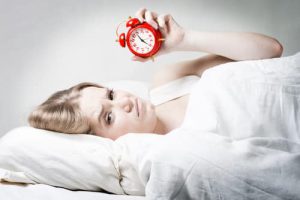 If you constantly feel exhausted despite sleeping the night before you may be one of the over ten million people who suffer from a serious sleep disorder. Known as obstructive sleep apnea, or OSA, this issue can leave people seriously sleep deprived. How do you treat OSA? Do you have questions about sleep apnea?
If you constantly feel exhausted despite sleeping the night before you may be one of the over ten million people who suffer from a serious sleep disorder. Known as obstructive sleep apnea, or OSA, this issue can leave people seriously sleep deprived. How do you treat OSA? Do you have questions about sleep apnea?
Commonly Asked Sleep Apnea Questions
Question: How does this problem develop?
Answer: Sleep apnea occurs when we stop breathing for brief periods during sleep. This happens when the soft tissue in the rear of the throat collapses and blocks the airways. When we stop breathing the brain becomes deprived of oxygen and in response wakes the person up. While patients rarely remember these waking episodes they can happen hundreds of times each night, leaving patients very sleep deprived.
Question: Can I take steps to prevent it?
Answer: There are simple lifestyle changes that can reduce the risk of OSA, including weight loss, sleeping on the side instead of the back, avoiding caffeine or alcohol before bed, keeping the bedroom dark and free of distractions, and maintaining a regular sleep schedule.
Question: What are the most common symptoms?
Answer: Patients may notice chronic snoring, irritability, trouble focusing at work or school, daytime drowsiness, or episodes where they wake up choking or even gasping for air. These symptoms should not be ignored. Instead, we urge you to contact a professional for a diagnosis.
Question: Do I have to wear one of those CPAP machines?
Answer: No. Due to their volume and discomfort when wear, CPAP machines are rarely effective. Instead, a simple oral appliance can help. Worn while you sleep, the device helps keep airways open and will feel like wearing a nightguard.






